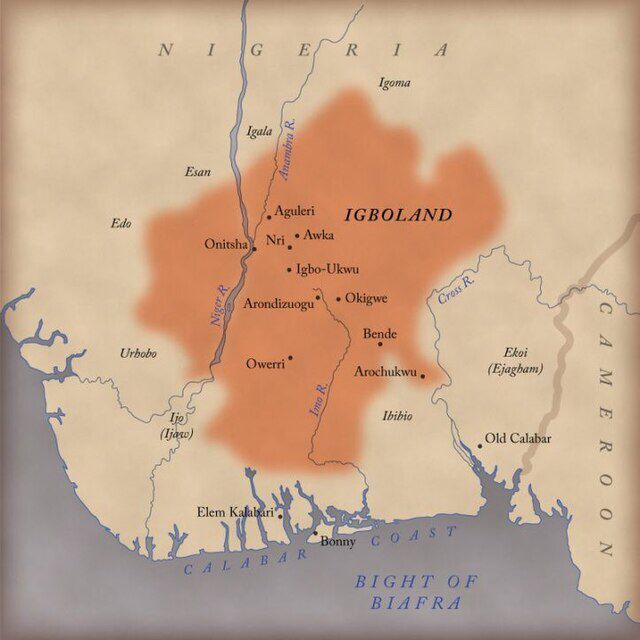The Igbo people, one of Nigeria’s largest ethnic groups, have a rich history of migration that has contributed to the widespread influence of Igbo culture across different regions. This article explores the migration patterns of the Igbo people and the ways in which their vibrant culture has been disseminated.
The Igbo people have a long history of migration, with movements dating back centuries. This migration was driven by various factors, including population growth, political changes, economic opportunities, and the search for new lands. As a result, Igbo communities can now be found in different parts of Nigeria and even beyond its borders.
The Igbo migration routes were diverse and varied. Some Igbo communities migrated southwards, settling in present-day Imo, Abia, and Ebonyi states. Others moved eastwards, establishing communities in Anambra and Enugu states. Additionally, significant Igbo populations migrated to other regions of Nigeria, such as Lagos, Port Harcourt, and the northern states.
The migration of the Igbo people was influenced by several factors. Push factors, such as conflicts, wars, and the desire to escape political instability, compelled some communities to seek new territories. Pull factors, such as economic opportunities, trade networks, and the prospect of fertile lands, attracted Igbo communities to different regions.
As the Igbo people migrated, they carried their vibrant culture with them, resulting in the spread and preservation of Igbo traditions, language, art, music, and cuisine. Igbo cultural practices, such as the masquerade festivals, traditional dances like the “Ikpirikpe” and “Agbacha Ekuru Nwa,” and the Igbo language itself, have become distinctive features of Igbo communities across Nigeria.
As the Igbo people settled in new regions, they adapted to their surroundings while maintaining their cultural identity. This adaptation led to the emergence of unique Igbo subcultures in different areas. For example, Igbo communities in Lagos have developed a distinct blend of Igbo and Yoruba cultures, creating a vibrant fusion.
The migration of the Igbo people has had a significant impact on the development of Nigeria.




